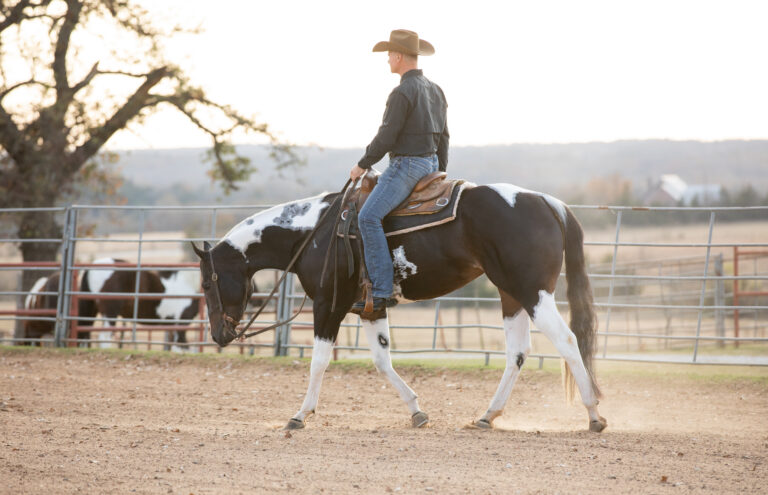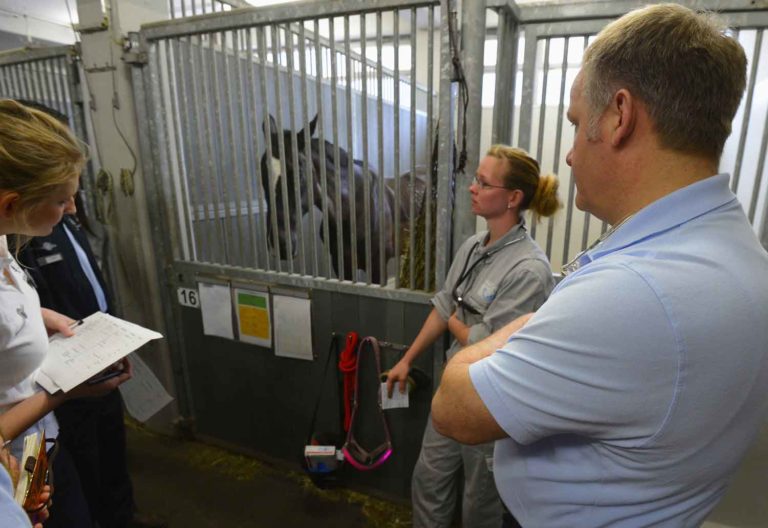
In this episode of The Business of Practice podcast, we talked to Meggan Graves, DVM, about emergency-only practices and her recommendations for equine veterinarians considering this career option.
Graves was an early innovator in emergency-only practice. She began providing this service after the birth of her first child in 2004 for a clinic where she had worked previously as a general practice doctor. She observed that the veterinarians at the practice were much more productive and content without the burden of after-hours emergencies. Years later, she moved to Western North Carolina with her family, where she expanded upon the idea of an emergency-only service by starting her own practice. This was particularly successful because she had no former relationships with any of the local large animal practices and no single practice dominated the area. “Like many of my life decisions, this one was motivated by my family and my desire to be home with my children as much as possible,” Graves said.
Emergency-Only Practice Business Model
“The business model is quite simple,” Graves explained. She would distribute her availability to the practices, who would then turn their phones over to her number if they wanted coverage during those times. Taking good care of the practices’ clients and communicating effectively with the practices after a shift contributed to the success of her business. “I learned quickly that payment at the time of service was truly the only guarantee of actually being paid,” she noted. “I also learned to charge appropriately for my time.” Graves said she also had to learn to say “no,” especially to requests for routine services when attending an emergency.
Emergency-Only Practice Schedule
Running an emergency-only practice allows vets to have control of their schedules and to create them well in advance. Graves strongly recommended limiting on-call availability to 15-20 days per month maximum with no more than two to three weekends included in that time. “When you’re on, you want to be busy,” she said, as this is how you profit. She reminded practitioners that a weekend shift is often 60 hours and urged them not to overschedule themselves.
Overcoming Anxiety During Emergencies
Despite emergency cases being interesting and confidence-building, anxiety is common among veterinarians on call. Graves reminded practitioners that the most common emergencies are lacerations, colics, and eye problems, which are well within even early-career veterinarians’ skill sets. Having a mentor available for phone calls will also provide a sense of confidence. “The common things are common,” she said. “Just showing up for the emergency is a win!” She emphasized that graduate veterinarians know a lot and must remember they’re well-qualified.
In closing, Graves stated, “You’re a superhero with a rectal sleeve!” She said an emergency veterinarian’s service helps not only clients and horses but also other veterinarians, making their lives infinitely better.
About Dr. Meggan Graves
Meggan Graves, DVM, grew up riding hunter/jumper horses and showing Suffolk sheep with 4-H in Cookeville, Tennessee. She holds a BS in Animal Science and attended the University of Tennessee to earn her DVM. After graduating in 2001, Graves went into equine practice, treating both ambulatory and hospital cases in South Carolina, Georgia, and Western Tennessee. In 2008, Graves opened her own private practice in Western North Carolina, providing emergency relief services for seven large animal practices in the area. Graves was excited to join the Field Services team at the University of Tennessee College of Veterinary Medicine in the fall of 2013. She currently offers emergency relief services for large animal practitioners in the Knoxville area while teaching and mentoring veterinary students and interns.
Disclaimer from sponsor: This content is subject to change without notice and offered for informational use only. You are urged to consult with your individual business, financial, legal, tax and/or other advisors with respect to any information presented. Synchrony and any of its affiliates, including CareCredit (collectively, “Synchrony”), make no representations or warranties regarding this content and accept no liability for any loss or harm arising from the use of the information provided. All statements and opinions in this article are the sole opinions of the author and roundtable participants. Your receipt of this material constitutes your acceptance of these terms and conditions.

![[Aggregator] Downloaded image for imported item #18782](https://s3.amazonaws.com/wp-s3-equimanagement.com/wp-content/uploads/2025/11/03125751/EDCC-Unbranded-13-scaled-1-768x512.jpeg)


